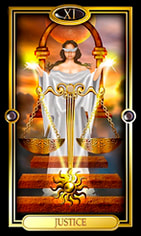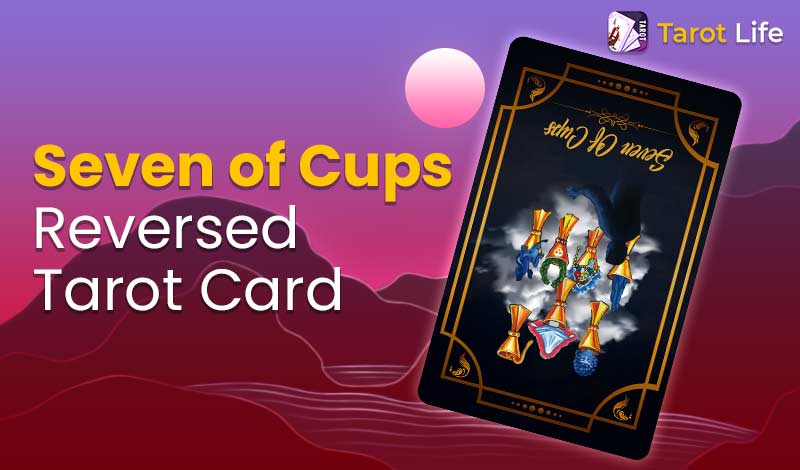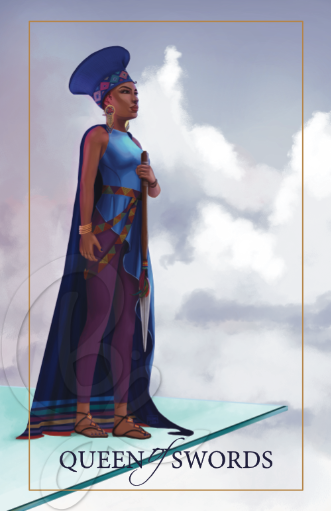
Palmistry can be described as an ancient art which uses the hands to create a map of your personality. The map can reveal everything from your past to your personal potential. The palmistry guide teaches you how your hands feel through interactive illustrations. This book will guide you through each of the four types of hand and explain the meanings of the lines and marks on your fingers. The book will also explain the meaning of the rings on each hand.
Hands: The Complete Guide To Palmistry
Knowing how to read and interpret the features of the hand is a key part of one's personality. The four basic shapes that make up the hand are water, fire, water, or earth. Each element has specific characteristics that reflect aspects about a person's personality and character. These characteristics can be seen in the lines of the hand and the creases.
LifePrints: Your Fingerprints Can Help You Decipher Your Life's Purpose
Each person's fingerprints are unique. They have been used as a method of identification for over 100 years. Did you know that they can also be used to find your purpose in life? Author Richard Unger reveals an empowering way to use fingerprints as a compass for meaning in your life.

Fingerprints are unique, and we form them five months before we're born. Because they are unique, fingerprints can be used to identify oneself. Richard UNger provides a unique method of self-discovery as well as a daily compass to meaning.
Cheiro, the Palmist
Cheiro the Palmist, a well-known palmist, predicted the future right up to the hour. However, despite his fame, Cheiro was a loner and resisted human bonds. His lonely life almost cost him his soul. Even though he had many admirers and was able write books about the techniques and methods he used, Cheiro did not have the ability to do so.
Cheiro the palmist is one among the most influential palmists. He is well-known for his revelations about The Line of Life. He believed that every aspect of life is connected to the Line of Life. The line should be a long, narrow, and deeply drawn. Good health is achieved when the line is both long and deep.
Benham Book of Palmistry
This practical guide to palmistry first appeared in 1900. It includes over 800 illustrations based on real life and provides a wealth of information about palmistry. Topics covered in this treatise include: The Basics of Our Work, Plan of Creation, Mount Types, Life Current, General Attributes of the Lines, and Pose and Carry of Hands.

Benham explains the different hand shapes known as mounts. Each mount is a symbol of distinct virtues and flaws. The mounts also represent a different astrological sign. Jupiter is the sign Jupiter and Saturn the sign Saturn. Venus is the sign of Venus.
Eason's Palmistry Book
Cassandra Eason's A Little Bit of Palmistry is a good introduction to palm reading. It covers the essential lines of the palm, their interpretation, as well the lines that define life and destiny. It's a great starting book for beginners, with 109 pages.
Palmistry, a fun and exciting way to learn, is available. It is used to predict the past, identify opportunities and challenges, and determine compatibility. This method is popular because it's fun and accurate. Some books are focused on the Active hand which is the main writing and reading hand. This hand can help you to identify potential opportunities, challenges, and strengths.
FAQ
What is observation hobby?
Observation hobbies are activities where you observe people doing what they do. It could be reading, watching sports or going on holiday. It could also include observing others.
Because they teach you how to think creatively, observation hobbies are great. This knowledge can be used later to help you with projects that you are working on for others or yourself.
You'll find that if you're interested in something, then you'll have an easier time learning about it.
For example, if you want to know more about football, you may watch a game or read a book about it. To learn more about photography, it is possible to visit and take photos.
If you love to play music, there are two options: either buy a new guitar online or follow along with the songs.
If you like cooking, you could cook your own meals or visit restaurants.
If gardening is your passion, you can grow vegetables and flowers.
If dancing is something you enjoy, join a dance class.
If you love painting, you can paint pictures.
Write poetry and stories if that is what you love to do.
If you like drawing, you could draw pictures.
If you have a passion for animals, you might be able to look after them or work in a zoo.
If science interests you, you can study biology, chemistry or physics.
History lovers can watch films, read books or listen to podcasts.
If you like traveling, you could travel abroad or explore your local area.
Where can you find free resources that teach more about hobbies and interests?
There are many websites dedicated to helping people discover new hobbies.
These are our top picks:
www.trythisathome.com - This site provides a list of over 100 different hobbies. You can also find information about how to start each hobby.
www.hobbyfinders.org offers a huge database with thousands of activities. You can search for your interests, skills, location, and many other criteria.
www.indiebazaar.co.uk - IndieBazaar is an online marketplace designed specifically for independent artists and musicians. The site features hundreds of products ranging from artwork to music gear.
www.pinterest.com/explore/hobbies - Pinterest is a social media network that lets users "pin" images they find interesting onto their boards. Boards let users organize what they like into particular categories.
www.reddit.com/r/Hobbies Reddit is another social networking platform that allows users to link to articles, videos or other content. Users can vote on which posts they think are most valuable.
Why do we require hobbies?
Hobbies are an important part of our lives because they give us time to relax, unwind, think creatively, exercise, socialize and enjoy ourselves. We also have the chance to learn new skills and pursue lifelong passions.
Hobbies allow us to find meaning in our lives.
They are great for spending your free time when there's not much else.
They're even fun!
If you don’t make time for a hobby then it’s probably not worth your time.
Take a look at the many options that are available to you. You might consider starting a hobby if you don't already have one.
What are educational hobbies?
A hobby that teaches you something is called an educational hobby. It could be anything from playing sports to learning how to play an instrument.
You should have fun with it. While you don't need to do it every day, if bored you might consider other activities.
You should also make sure that you are not spending too much money on these activities. It could end up costing your more than it's worth.
Statistics
- The Role of the Mind in Sex, Dating, and Love: Men in the “humor” condition received phone numbers from 42.9% of the female participants and were refused 57.1% of the time. (time.com)
- This 100% accurate personality-analyzing hobby quiz discovers your passion based on your characteristics. (quizexpo.com)
- Studies show that just six minutes of reading can reduce stress levels by 60 percent. (oberlo.com)
- A new survey by Pew Research Center of teens ages 13 to 17 finds that 36% of girls feel tense or nervous about their day every day; 23% of boys say the same. (pewresearch.org)
- Almost 80% of people claim to have no hobby. (hobbylark.com)
External Links
How To
How to learn a musical Instrument
There are many methods to learn music. You could go to a school or buy a book. You could also take lessons from an experienced musician, watch videos online, and so on. Here are some tricks and tips to help you find your way.
-
Find something that interests or appeals to you. Try another instrument if you don't love any of the ones you see. It's difficult to take up a hobby if you don’t love playing the instrument.
-
Be patient. Learning anything new takes some time. Do not expect to be able to master every aspect of the subject immediately. Instead, you should continue practicing every day.
-
Keep practicing regularly. Even when you feel tired, continue practicing. This will ensure you don't forget what lessons you have just learned.
-
You should choose a comfortable place to practice. Ideal is a quiet area where you don't have to disturb anyone else. Also, make sure that there aren't too many distractions. Also, don't let loud music play near your home.
-
Have fun! Music is meant to be enjoyed. It is important to have fun when practicing. Enjoying yourself will motivate you to continue going at it.
-
Set goals. When you set goals, you know exactly what you have to achieve. There is no excuse for failure.
-
Keep track of your progress. Keep track of all your successes and failures. You will be able to improve your skills over time by writing down all of your achievements and failures.
-
Pause. Sometimes all it takes is to take a breather. You will be able to take breaks and think about the things you are doing.
-
Ask questions. Ask for help if you are unsure or have questions about certain aspects of the instrument. They may be in a position to assist.
-
Listening is the best method to learn. Many musicians enjoy listening to their favorite songs and trying to imitate them. This allows them to grasp the basic concepts of the song.
-
Read books. Reading books will teach you more than watching videos or taking classes. Books can also provide information that is not available elsewhere.
-
You can join a band. Playing with others forces you to practice more. Plus, it will be easier to meet people with similar interests.
-
View tutorials. Tutorials are short videos which explain many topics in great detail. Tutorials are short videos that focus on one part of the instrument. You can learn difficult parts of the instrument by watching tutorials.
-
You can try different methods. Some people learn best by reading, while others prefer lectures. Find what works best for your learning style.
-
Practice makes perfect. There is no way to be an expert overnight. Instead, it takes time and effort to become proficient enough for you to succeed.
-
Play along with other musicians. Listening and learning from others can help you to learn faster.